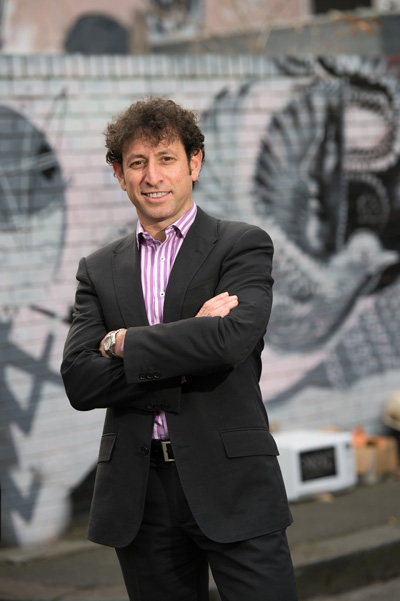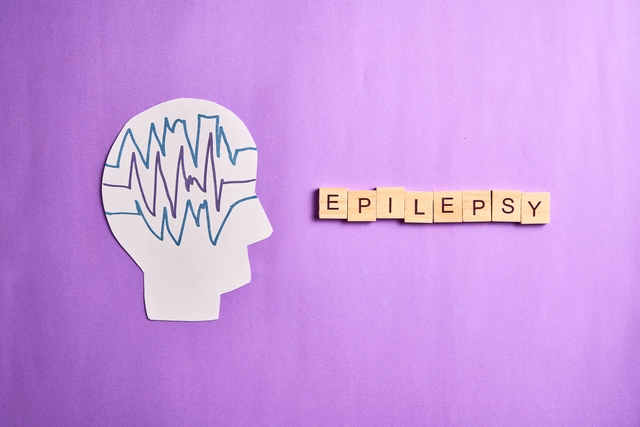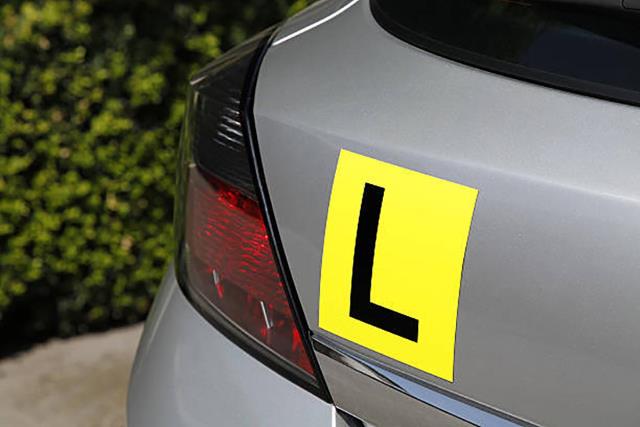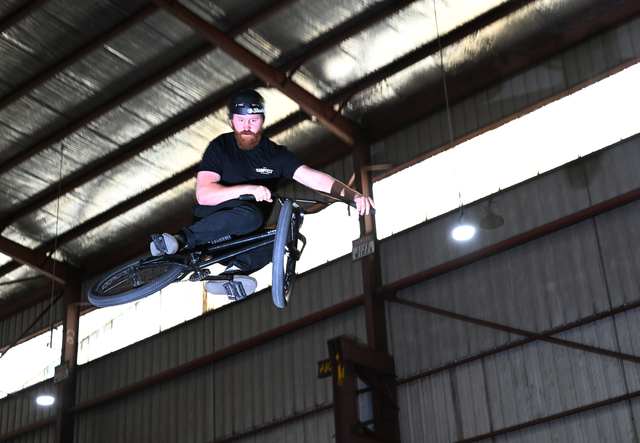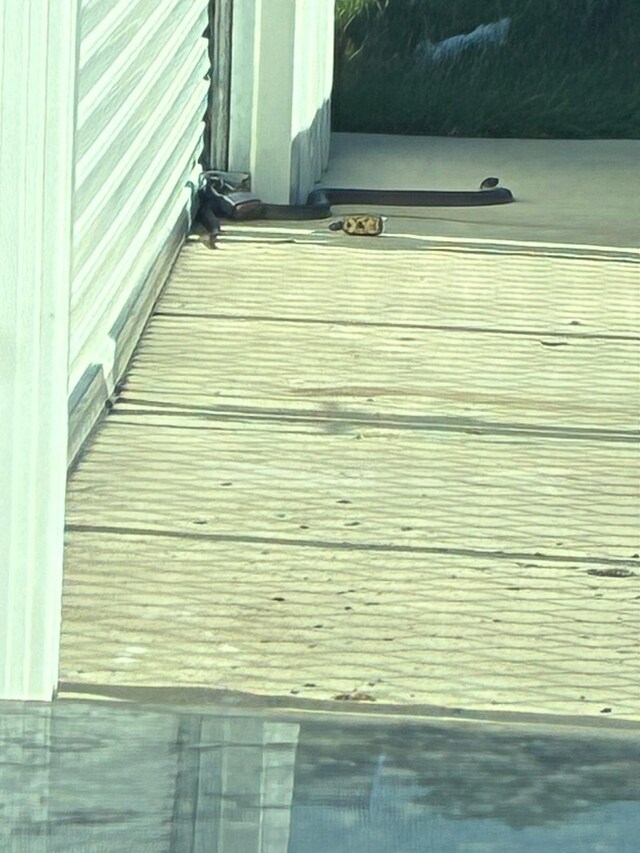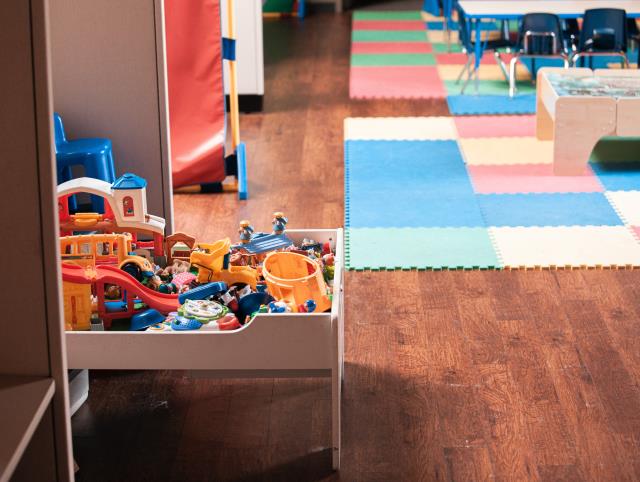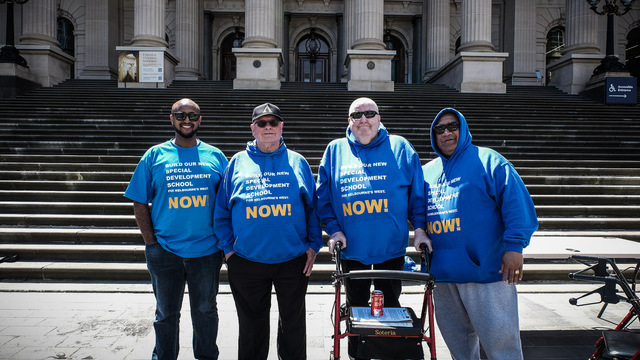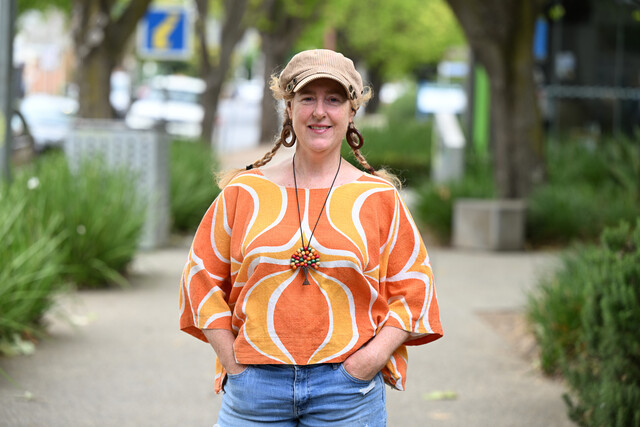Ice addiction can be heavily stigmatised, leaving victims and their families feeling helpless.
But organisers of a new workshop at Bacchus Marsh hope to equip families with the skills, knowledge and resources to help loved ones battling such addiction.
Drug and alcohol centres Turning Point, Self Help Addiction Resource Centre and Bouverie Centre have developed
Breakthrough: ice education for families to help people recognise when a family member has an ice problem.
Turning Point director Dan Lubman said alcohol and drug addiction was heavily stigmatised in rural and regional towns, with families unsure what to do about it and where to get help.
“Unfortunately, the information we have about alcohol and drugs out there is often incredibly negative,” he said.
“Often public campaigns portray people with drug problems as aggressive and hostile and, essentially, not very nice people – it dehumanises them.”
De-stigmatising addiction
Professor Lubman said as a result of this negative image associated with drug addiction, people often felt guilty and responsible for their family member’s addiction.
In an attempt to hide their ‘shame’ from friends and the community, people are not addressing the issue, he said.
“The evidence shows that early help, seeking early treatment, leads to better outcomes and less long-term problems,” Professor Lubman said.
“If you delay seeking help, if you allow the problem to build and build, there’s a whole range of other issues … there’s an increasing social, financial and legal harm that sort of compounds, which people don’t understand.”
Turning Point runs the state-government funded Ice Advice telephone line. About 70 per cent of calls to the helpline are made by “concerned” family members.
Professor Lubman hopes the workshops will help families feel more confident in addressing addiction issues, connect them to local resources, and quash rumours and myths about ice.
“There’s a perception that treatment doesn’t work,” he said. “One of the issues we have is to address the myth that treatment does work.”
The Bacchus Marsh workshop is one of a number of workshops that will be held before the end of the year. Professor Lubman said more workshops around Victoria will run on an on-going basis over the next four years.
He urged Bacchus Marsh locals to register for the workshop, and develop “pragmatic and practical” skills.
Workshop places are limited. It will be held on Sunday, December 6, 1-5pm. Details: turningpoint.com.au/education/breakthrough

